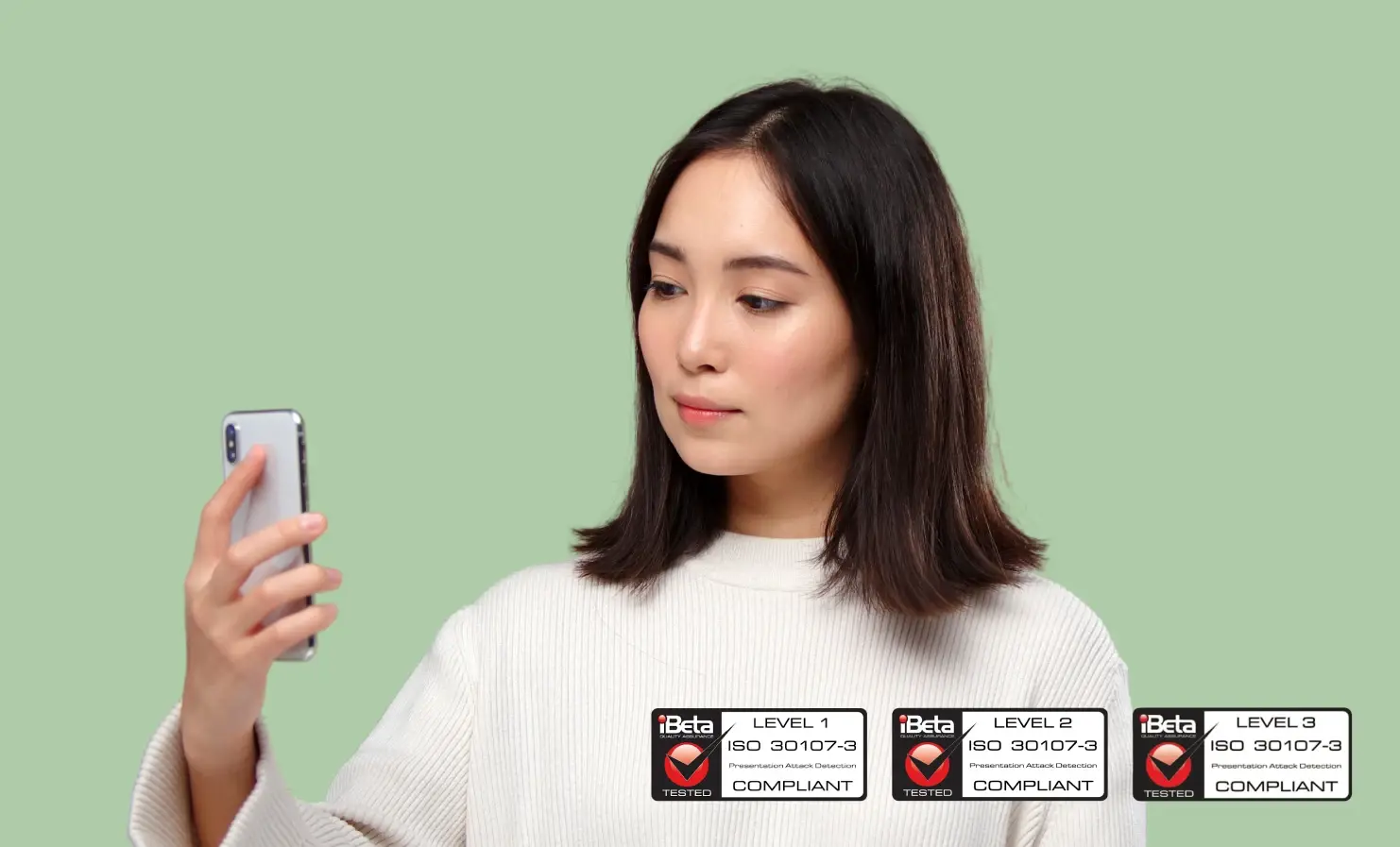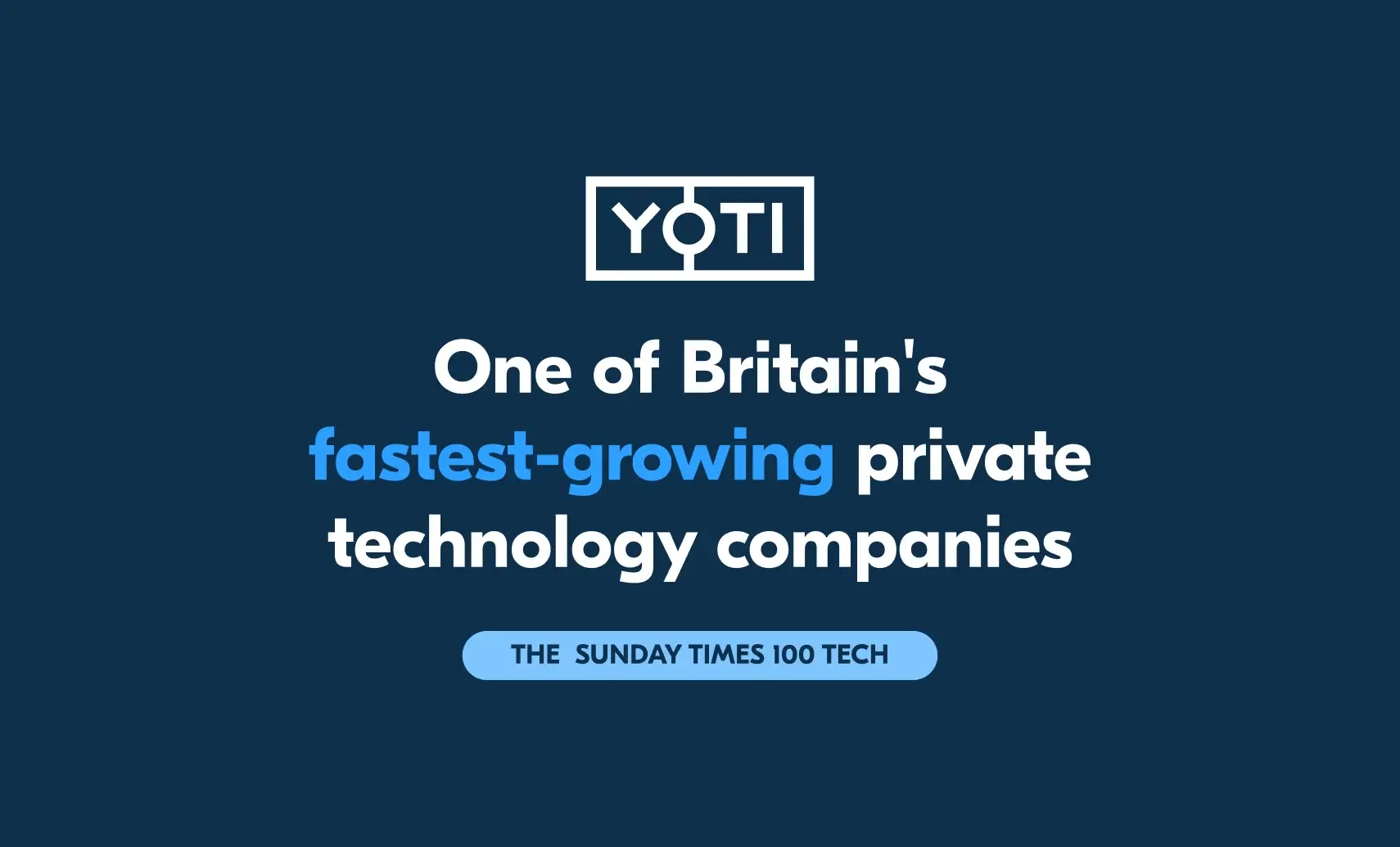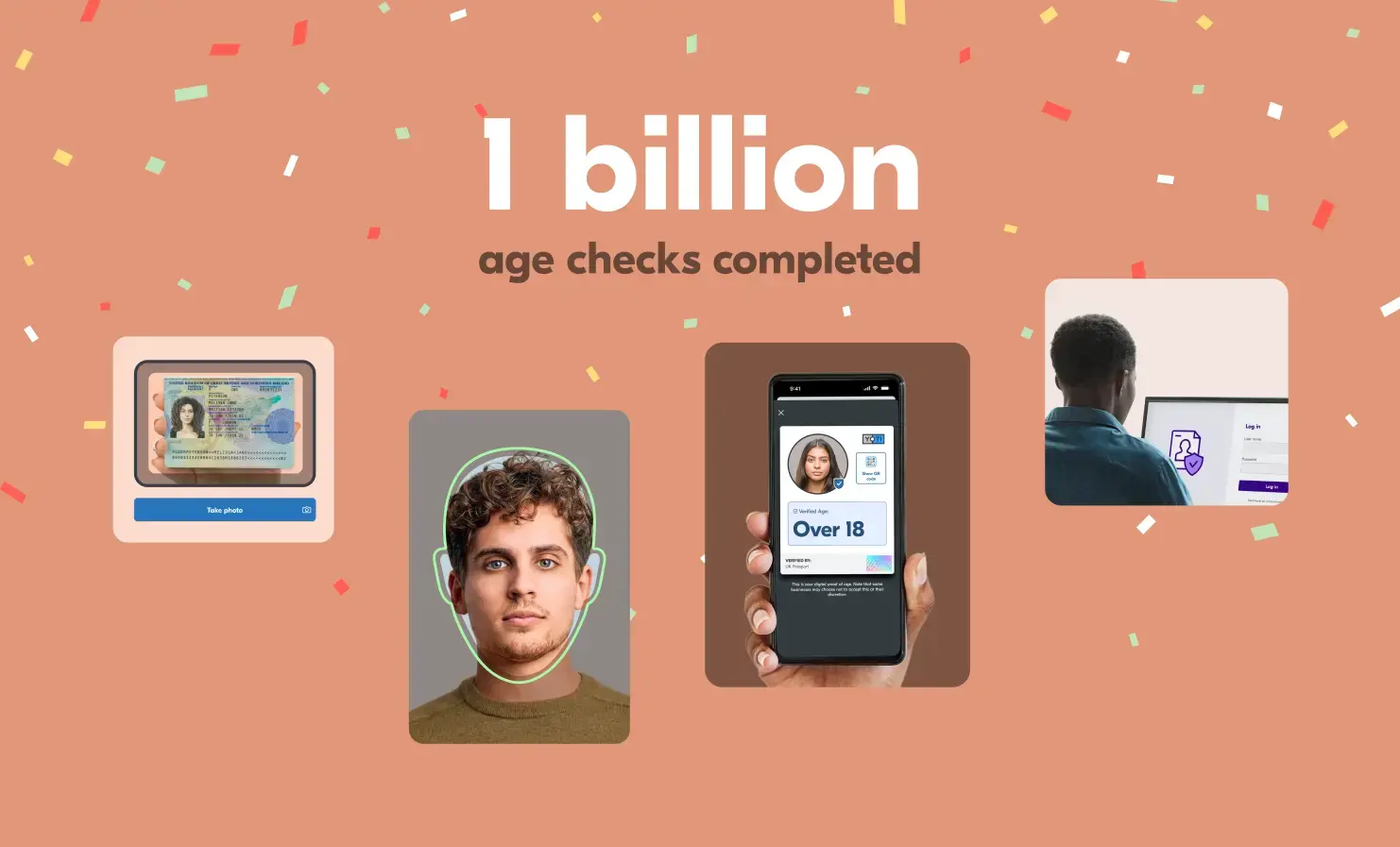News
Yoti is the first in the world to meet iBeta’s highest liveness standard for presentation attack detection
Liveness checks are everywhere online. They give the same reassurance as a face-to-face age or identity check: that the person on the other side is real. They sit behind how people open accounts, access services and prove who they are (or how old they are). They also stop bots and bad actors from creating fake accounts, be that on dating sites where people are tricked into relationships with someone who doesn’t exist, or on ticketing sites where bots snap up all the best seats to resell at a profit. Because liveness checks sit right at the front of these
We’ve made the Sunday Times 100 Tech (again)
We’ve got some pretty exciting news to share. Yoti has been included for the 2nd year in a row in The Sunday Times 100 Tech list, Britain’s fastest-growing private technology companies, coming in at number 47. The Sunday Times 100 Tech ranks tech businesses by measuring their compound annual growth rate over the past 3 financial years. How do they decide who makes the list? As well as measuring revenue growth, The Times also requires companies to be independent, unquoted and privately owned, with a UK headquarters, owning its own proprietary technology and with revenue in excess of
Yoti completes 1 billion age checks - and counting!
We’re celebrating a huge moment in our journey: Yoti has now completed over 1 billion age checks! When we started out, we had a simple but powerful ambition: to help people prove their age without revealing their full identity. We recognised early on that not everyone has access to a document or always feels comfortable using it. That’s why we innovated and developed facial age estimation. Reaching this milestone – across facial age estimation, Digital IDs, identity document checks and our other secure age-checking methods – shows that our technology is being used safely and responsibly around the
Introducing Yoti Verified Calls
Yoti Verified Calls is a new innovative service, designed to combat identity fraud and cyber attacks, while building trust during video calls. It enables businesses and individuals to verify the identity of attendees before or during video calls, reducing the risk of impersonation, deepfakes and unauthorised access. The rising threat of deepfakes Barely a week goes by without a headline about deepfakes. Whether it’s a celebrity finding fake images of them circulating online, political leaders appearing in a deepfake video, or a member of the public scammed, the technology behind deepfakes is growing more accessible, believable, sophisticated and
Yoti’s latest MyFace model re-certified with a perfect score for NIST Level 1 and Level 2 liveness detection
We are delighted to announce the results of the most recent testing of our latest liveness technology, MyFace. Working with iBeta, a NIST certified testing lab, Yoti’s latest liveness detection model was tested to be compliant with ISO/IEC 30107-3 standards. For both NIST level 1 and level 2, Yoti MyFace achieved: 100% detection of attack (0% false positives) 100% approval for genuine presentations (0% false negatives) NIST provides a framework for testing performance levels of liveness detection. Yoti’s passive liveness technology does not require any action from the user and works from a single selfie. Users do not need
German regulator KJM cuts buffer for Yoti's Facial Age Estimation for 18+ content checks from 5 to 3 years
The German regulator, KJM, has reduced the buffer for Yoti’s Facial Age Estimation for the highest level of age assurance from 5 to 3 years. This means, instead of users needing to be estimated as over 23, users must now be estimated as over 21. Originally approved by KJM in November 2021 for 16+ (erotic) content, in May 2022 KJM approved the use for Yoti’s Facial Age Estimation for the highest level of assurance, covering 18+ adult content, with a buffer of 5 years. Now, KJM have reduced the buffer required by platforms from 5 to 3 years. This






